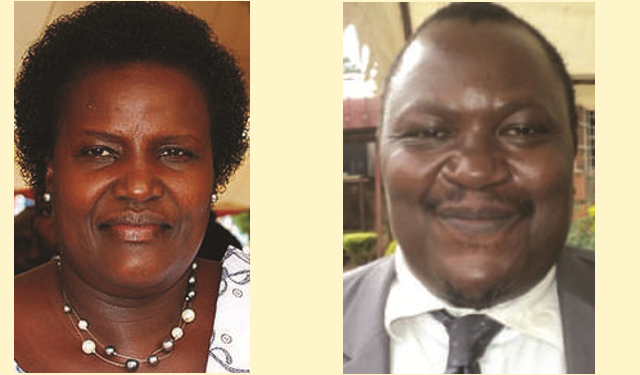
A regional comparison between EAC member states
The recent big fight over seats in the East African Legislative Assembly (EALA) has led to questions over what is at stake.
Answers to the question are important, not least because, fierce competition for the seats rages in almost all EALA member states.
Kenyan EALA MP, Abubakar Zein Abubakar, told The Independent that the race in Nairobi is likely to be hot.
“Right now you have not heard anything because the Kenyan parliament has not yet advertised for people to apply but once they do, you will see all the movements,” he said.
In 2012, the EALA race in Kenya was characterised by fierce competition. Up to 119 candidates applied for the five seats of the main Orange Democratic Movement (ODM) party. These were shredded down to 63 and presented to parliament on the day of voting.
The ODM was the majority party led by former Prime Minister Raila Odinga. The other parties were Party of National Unity (PNU), Kenya Africa National Union (KANU), National Rainbow Coalition (NARC) and Wiper and they all got one seat as ODM took up five seats.
Abubakar, an ODM representative says it will be a different situation since the last elections, held in 2013 slightly changed the representation in the Kenyan parliament.
He says this time, ODM will be entitled to five seats, The National Alliance (TNA) of Uhuru Kenyatta will have 3 seats, and United Republican Party (URP) of William Ruto will have 2 seats. The independents will not have a representative because they did not meet the minimum number of seats in the house.
The EALA race in Kenya has not attracted attention perhaps because the country is preparing for a highly competitive presidential election due in August.
In Rwanda, the last election for its EALA members in 2012, saw a similar quest by parties to field candidates. Ruling party Rwanda Patriotic Front (RPF) sent four candidates while the Liberal Party and Socio-Democratic Party had one candidate each. Special interest groups were all represented by one candidate. These were the youth and disabled.
In Tanzania, representatives mainly came from Chama Cha Mapinduzi (CCM) which had 258 seats in the Tanzanian parliament. The rest were shared between Party for Democracy and Progress (PDP) and Civic United Front which have 44 and 34 respectively.
Uganda’s new faces
Both the ruling party National Resistance Movement (NRM) and leading opposition party Forum for Democratic Change (FDC) selected new faces.
For the ruling party, Paul Musamali, George Odongo and Mathias Kasamba are three of the six that sailed through. The other three Rose Akol, Dennis Namara, Mary Mugyenyi. These minnows were up against political giants like Francis Babu, formerly a member of the party’s most supreme organ, the Central Executive Committee (CEC) and former Minister Henry Banyenzaki.
In the FDC, Florence Ibi Ekwao, who is not that known to the general public, trounced heavy weight and party stalwart Ingrid Turinawe.
Babu, Banyenzaki and Turinawe’s biggest baggage days into the race seemed to be that they had failed severally to win in local elections and for that, they were labelled political rejects.
And as the campaigns heated up, it was clear many had a problem with political parties picking these candidates.
Retired Supreme Court judge George Kanyeihamba, appeared to lead this pack. He told The Independent that the habit of dumped politicians and sacked ministers being sent to the regional assembly must stop. “People who have been sacked for being incompetent ministers should not be the ones guiding our agenda in the regional parliament,” he said, “If some of these people have been defeated in elections because they are not performing and if people in a small constituency were happy to get rid of them, then how can they be qualified to be in EALA? It is a joke!” he told The Independent before NRM chose its nominees.
He even called on President Museveni to prevail over the situation because he has the power.
 The Independent Uganda: You get the Truth we Pay the Price
The Independent Uganda: You get the Truth we Pay the Price


